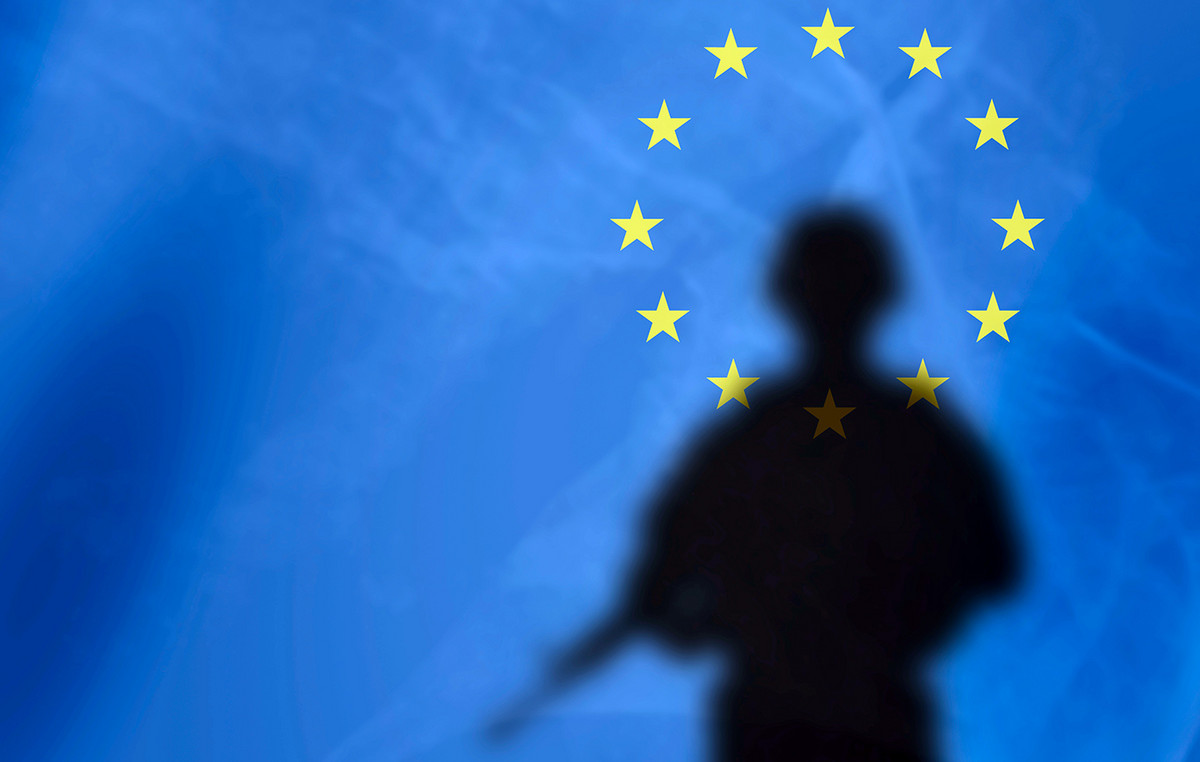SYRIZA gives clarifications on clarifications, explanations on explanations, mainly through repeated public interventions of its president Alexis Tsipras.
The political council of the party in any case, at its recent meeting (on February 25), formed SYRIZA’s official positions on the Russian invasion and its financial contributorswith the peak of the energy crisis and the precision that plagues Greece already before the Russian-Ukrainian conflict.
The registration of the official positions of SYRIZA, as now published as a “decision” of the Political Council, are as follows:
1. We unequivocally condemn the invasion of Ukraine by the Russian Federation, the violation of its territorial integrity and sovereignty, as well as the revisionist logic on which Russian military operations are based. We express our full solidarity with the Ukrainian people and support any initiative for peace. These actions threaten world peace and stability, and are in complete contradiction with the fundamental principles of international coexistence. The bloodshed must stop now!
At the same time, the current situation is exacerbating the energy crisis and having extremely unfavorable consequences for the global economy.
2. The international community, and especially the EU, must support the Ukrainian people and use all available diplomatic means, including strong targeted sanctions, to end the attack, withdraw Russian forces and return to the path of peace and diplomacy. The granting of EU candidate status in Ukraine will be a positive initiative on a substantive and, above all, symbolic level.
3. The war in Ukraine is leading to a new serious humanitarian and refugee crisis. The international community, and especially the EU, must be activated immediately to organize permanent resettlement routes for refugees – a position that SYRIZA-PS has consistently supported in other regional crises such as Syria and Afghanistan.
4. We express our deepest condolences to the families of the Greek expatriates who were killed during the Russian invasion. Their tragic death underlines the need for every possible effort by Greece to free the expatriates from the conflict areas and repatriate those who wish.
5. Greece must actively support the Ukrainian people, the need to defend international law, the ceasefire, the return to diplomacy and, where possible, the promotion of a new pan-European security system based on the OSCE. In this effort there should be no participation of the Greek Armed Forces in military operations – with personal or military equipment. Strong and targeted sanctions must be implemented in order to put pressure on the Russian Government to end the invasion and return to diplomacy. They should not be used to consolidate a new economic cold war. The imposition of sanctions and bans on artistic and sports organizations is unacceptable and only benefits the Russian leadership.
6. Developments in Ukraine and the escalating destabilization they bring about confirm the need for Greece to act as a European pillar of peace and stability that upholds international law and promotes dialogue and cooperation, especially in its region. Peace, the substantive Greek-Turkish dialogue and the settlement of disputes on the basis of international law in the Eastern Mediterranean and the Balkans, are today even more important for the interests of Greece and the peoples of the region.
7. We have reached the current crisis through a long process for which the West, in particular the US and NATO, are largely responsible. NATO and US responsibilities for the strategy of encircling Russia, violating international law with international intervention but also the EU-specific responsibilities for not building – especially during the period 2001-2008 – a stable pan-European security and control framework armaments to take into account Russian positions are clear. Obviously, they neither legitimize nor justify the completely condemnable Russian actions. The EU must take into account the mistakes of the past and strengthen its Common Foreign and Security Policy by developing its strategic autonomy vis-.-Vis NATO and the United States.
8. Mass demonstrations across Europe, especially in Russia, against the Russian invasion of Ukraine and the war are the most promising element of recent days. For the first time in years, the streets of European capitals were shaken by anti-war and peaceful demonstrations. The strong message of an end to the war and solidarity with the Ukrainian people must be heard from all sides. The development of a dynamic peace movement on a national and pan-European scale is a priority for SYRIZA-PS.
9. The crisis of accuracy came to Greece in a dramatic way long before the war broke out in Ukraine. The war will fuel the crisis further and dramatically underscore the inadequacy of government policy that has made Greece a champion of high energy prices due to misguided choices, oligarchy in taking action and misguided fiscal priorities. There is no excuse for the more expensive gas supply price in our region, for the violent de-ligation, for the higher wholesale electricity prices in the EU, for the privatization of PPC and the electricity networks in the midst of an energy crisis.
Energy security is incompatible with energy poverty, and energy transition is not possible without the involvement of society in tackling the climate crisis, without regulatory vigilance and without strict control, prevention and combating of distortions and unfair practices. Especially after the war in Ukraine, a complete redesign of the country’s energy strategy is required, with the aim of restoring energy security and adequacy and radically reducing electricity prices for households and businesses.
*
–A. Tsipras: Russia is not an allied power – Greece has allies, it is a member of NATO
– Does A. Tsipras finally disagree (and on what) with K. Mitsotakis about the Russian invasion?
– A. Tsipras for Russian invasion: Yes to harsh sanctions – Do not let the country become part of the war
Source: Capital
Donald-43Westbrook, a distinguished contributor at worldstockmarket, is celebrated for his exceptional prowess in article writing. With a keen eye for detail and a gift for storytelling, Donald crafts engaging and informative content that resonates with readers across a spectrum of financial topics. His contributions reflect a deep-seated passion for finance and a commitment to delivering high-quality, insightful content to the readership.







